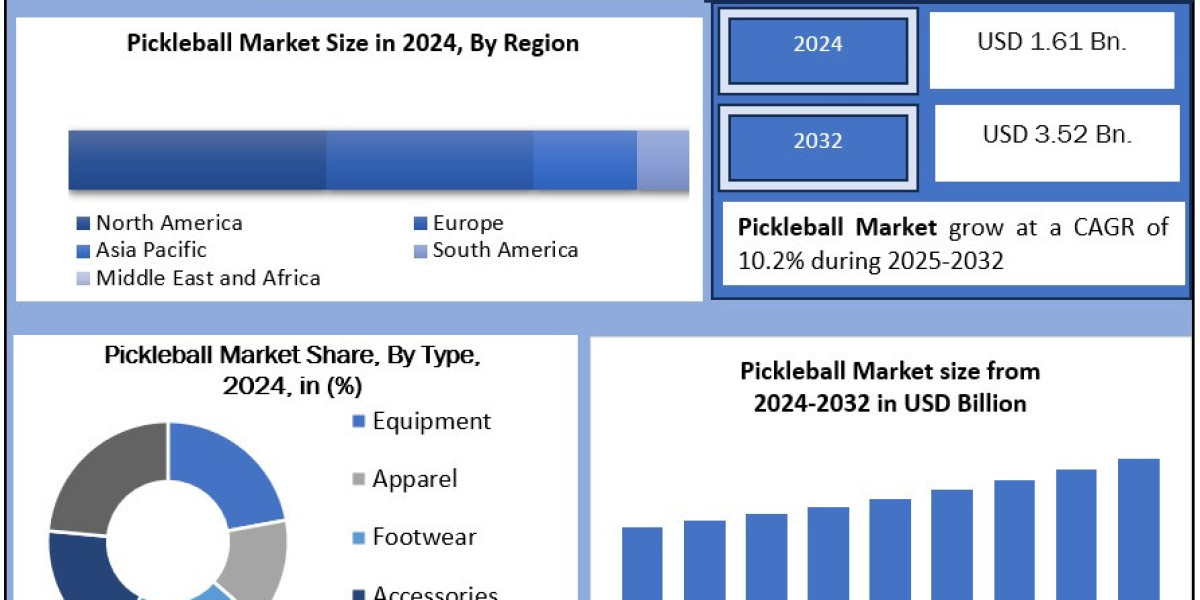The expanding field of human genetics has become a central pillar of future-focused healthcare, shaping everything from disease prevention to therapeutic innovation. As discoveries accelerate, the Human Genetics Market continues to influence diagnostics, personalized medicine, biotechnology development and clinical decision-making. Genetics is no longer confined to academic labs—it has deeply entered consumer healthcare, pharmaceutical pipelines and national health strategies.
One of the most powerful shifts comes from the widespread use of next-generation sequencing. This technology has dramatically improved the speed, depth and affordability of genetic analysis, allowing clinicians to examine thousands of genes at once. Its impact is especially visible in hereditary cancer screening, pediatric genetic disorders and pharmacogenomics. For individuals at risk of hereditary diseases, early genetic screening provides immense value by identifying risk before symptoms appear. Meanwhile, in oncology, tumor genetic profiling helps determine targeted drug regimens calibrated to the molecular structure of each patient’s cancer.
The transformative power of human genetics also extends to rare disease diagnosis. Historically, patients with unexplained symptoms could spend years navigating medical systems without answers. Today, a single whole-exome sequencing test can uncover mutations responsible for rare inherited disorders, giving families clarity and enabling treatment planning. Researchers gain insights into disease mechanisms that can guide new drug development.
Growing public interest in personal genomics has also expanded the role of genetic testing beyond clinical boundaries. Consumer-facing genetic services provide ancestry details, trait insights and carrier screening. Although these tests do not replace medical diagnostics, they empower individuals to engage with their health information and make informed lifestyle decisions. This shift toward proactive healthcare reflects a broader societal movement toward self-monitoring and personalized wellness.
Scientifically, human genetics is entering a new era defined by multi-omics integration. Genomics, proteomics, metabolomics and epigenetics are increasingly being studied together, creating detailed biological maps. These sophisticated profiles allow researchers to understand not only genetic predispositions but also how environmental factors influence gene expression over a lifetime. This intersection of nature and nurture promises highly personalized approaches to disease prevention.
Human genetics is also essential to the development of emerging therapeutic modalities. Gene therapies targeting inherited retinal disorders, blood diseases and metabolic conditions are progressing, many achieving landmark regulatory approvals. CRISPR-based genome editing continues to advance, offering the potential to correct harmful mutations directly. As these therapies evolve, genetic testing becomes essential for patient selection, monitoring and therapeutic optimization.
Despite tremendous momentum, challenges remain. Ethical issues such as genetic privacy, informed consent and the potential for discrimination require ongoing attention. Ensuring equitable access to genetic services is also critical, as disparities in availability could deepen healthcare inequality. Integrating massive genetic datasets into clinical systems demands robust data governance, advanced computational infrastructure and well-trained healthcare providers capable of interpreting results.
Human genetics stands at the core of a global shift toward precision healthcare. As science advances and genetic insights become more actionable, the future promises more accurate diagnostics, earlier interventions and more personalized treatments.








